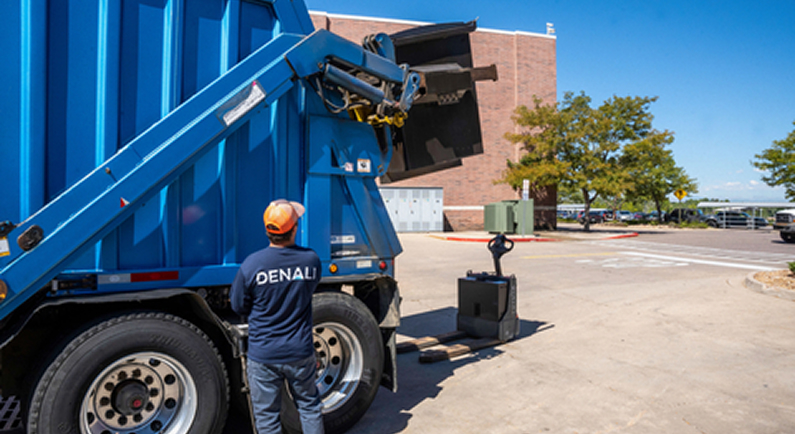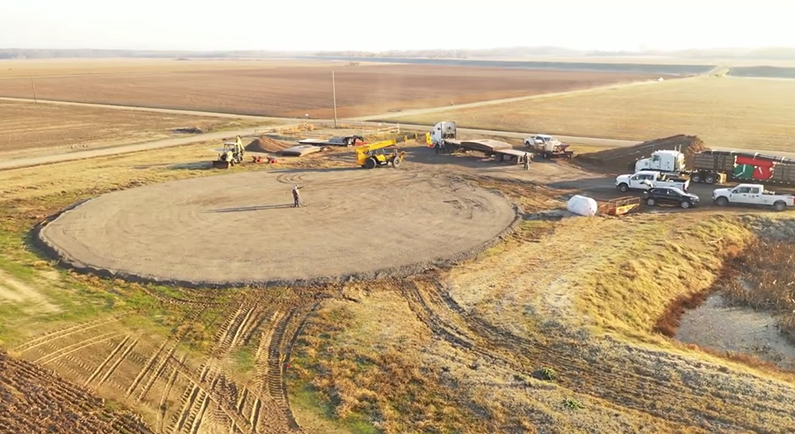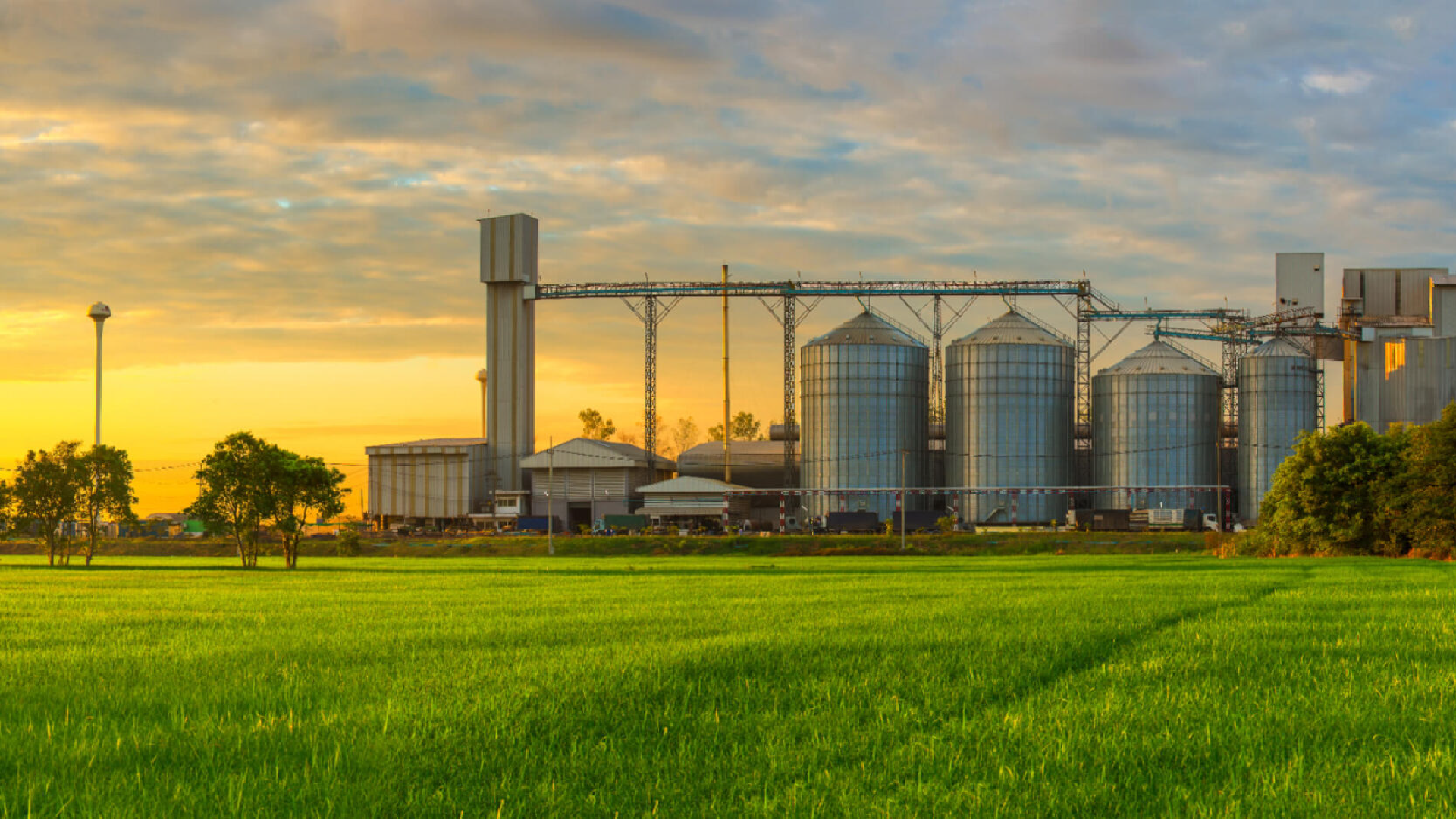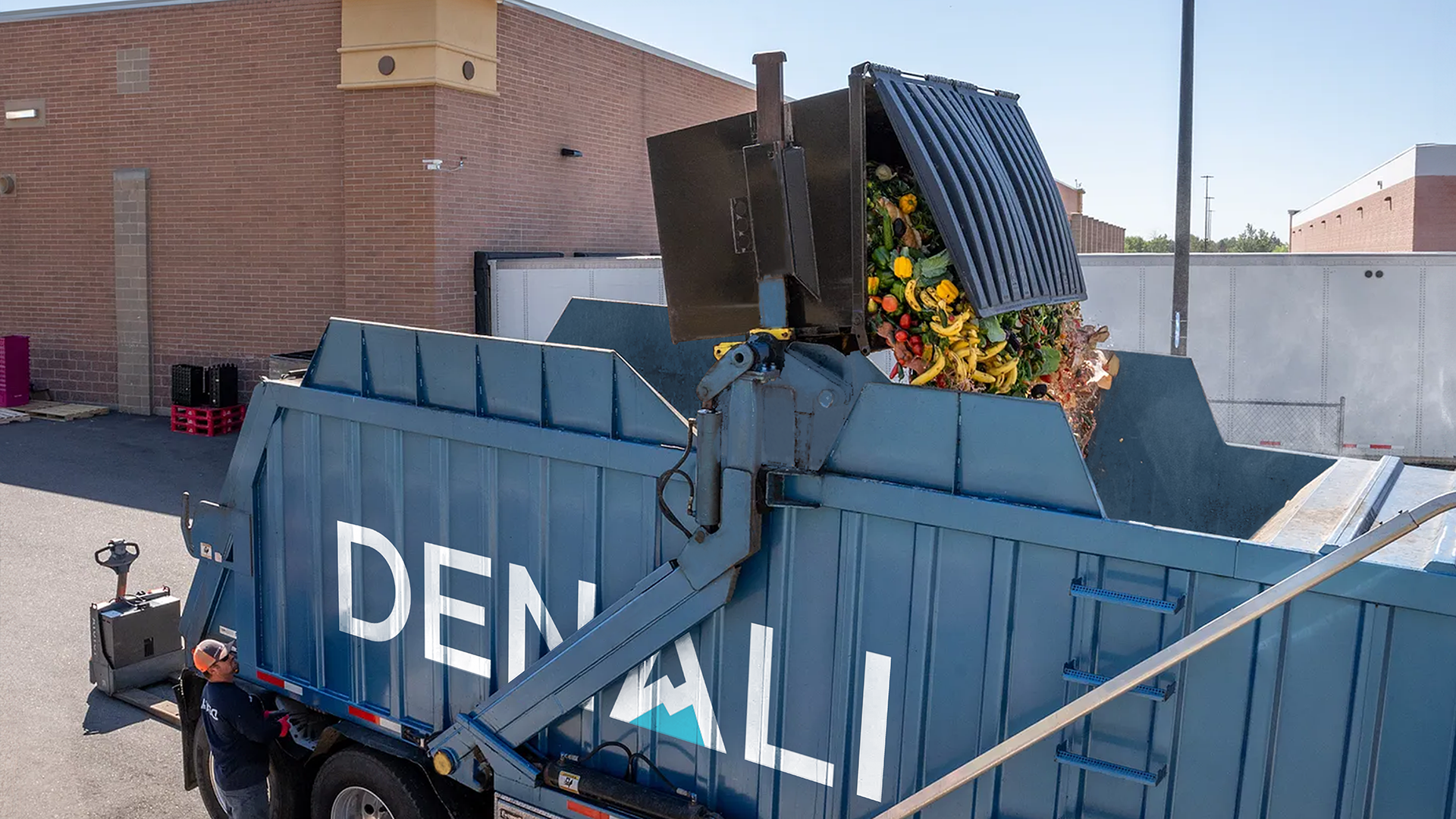America's complete food recycling solution
Services for every industry — collecting organic waste, creating sustainable products.
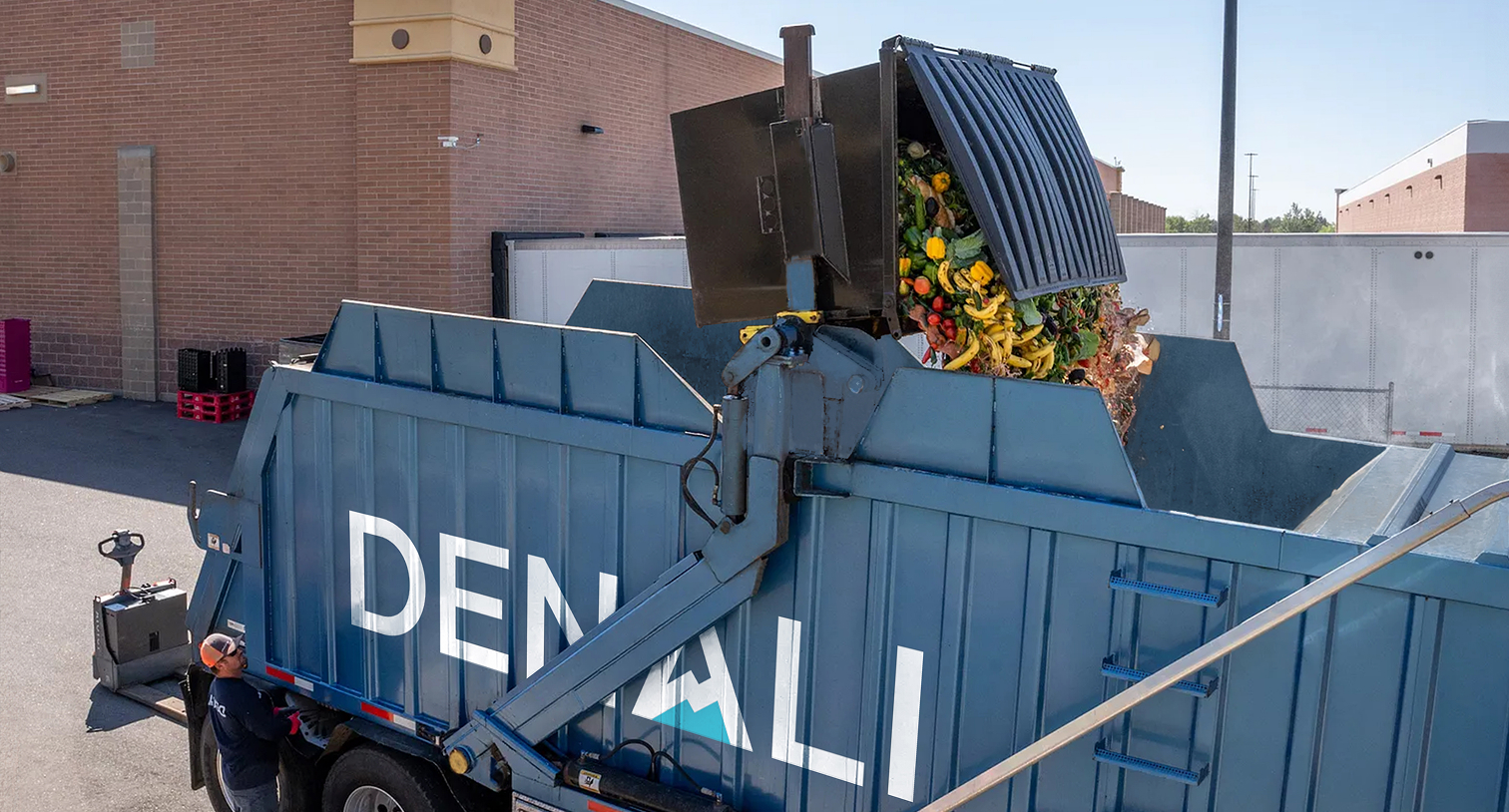
Denali is your end-to-end food waste recycling partner.
Collection
All unsold packaged or unpackaged food goes in one container — we handle the rest.
Depackaging
Our pioneering tech safely separates food and beverages from packaging.
Recycling
Responsibly recycling unused ingredients reduces landfill waste.
Renewable products
Ingredients come full circle, transformed into high quality feed, fertilizer, and fuel.
Inside the circular economy
Where others see waste, we see possibility.
Serving food industry partners nationwide
From bulk expired products to ingredients and unsold food, we have solutions for your business.
Grocery
We provide custom food waste recycling programs for supermarkets of all sizes to help you eliminate food waste and meet your sustainability goals.
Restaurants
We offer comprehensive grease trap cleaning, used cooking oil collection, and food waste recycling services to keep your operations running smoothly and sustainably.
Agriculture
We partner with farmers to revolutionize agriculture with sustainable solutions, converting organic byproducts into cost-effective animal feed and natural fertilizers that build healthier soils
Municipalities
As your trusted partner in sustainable waste management, we offer a range of services from biosolids management and composting to lagoon cleaning and water removal.
Hospitality
We deliver customized solutions for hotels, casinos, and other hospitality businesses to help you reduce food waste and enhance your recycling practices.
Schools & universities
We empower sustainable waste management at educational institutions by creating tailored programs to divert food and other organic waste into valuable resources like compost and animal feed.
Sports & Entertainment
We provide customized diversion programs to keep food waste from sporting events, concerts, and other large venues out of landfills.
Healthcare
We help the healthcare industry reduce its environmental impact with tailored solutions for food waste diversion, used cooking oil collection, and grease trap services.
Food manufacturers
We create custom solutions to manage and recycle all types of food processing byproducts, helping you reduce disposal costs and meet sustainability demands.
Serving food industry partners nationwide
From bulk expired products to ingredients and unsold food, we have solutions for your business.
Grocery
We provide custom food waste recycling programs for supermarkets of all sizes to help you eliminate food waste and meet your sustainability goals.
Feature one
Grocery
Restaurants
We offer comprehensive grease trap cleaning, used cooking oil collection, and food waste recycling services to keep your operations running smoothly and sustainably.
Feature two
Restaurants
Agriculture
We partner with farmers to revolutionize agriculture with sustainable solutions, converting organic byproducts into cost-effective animal feed and natural fertilizers that build healthier soils
Feature two
Agriculture
Municipalities
As your trusted partner in sustainable waste management, we offer a range of services from biosolids management and composting to lagoon cleaning and water removal.
Feature two
Municipalities
Hospitality
We deliver customized solutions for hotels, casinos, and other hospitality businesses to help you reduce food waste and enhance your recycling practices.
Feature two
Hospitality
Schools & universities
We empower sustainable waste management at educational institutions by creating tailored programs to divert food and other organic waste into valuable resources like compost and animal feed.
Feature two
Schools & universities
Sports & Entertainment
We provide customized diversion programs to keep food waste from sporting events, concerts, and other large venues out of landfills.
Feature two
Sports & Entertainment
Healthcare
We help the healthcare industry reduce its environmental impact with tailored solutions for food waste diversion, used cooking oil collection, and grease trap services.
Feature two
Healthcare
Food manufacturers
We create custom solutions to manage and recycle all types of food processing byproducts, helping you reduce disposal costs and meet sustainability demands.
Feature two
Food manufacturers
What's your sustainability goal?

Who we are
As the nation's leading organics recycler, Denali provides powerful solutions to fuel the circular economy and divert billions of pounds of discarded organics and food from landfills. Leveraging our decades of expertise, we provide essential support to the food supply chain, and measurable impact for businesses.
Our mission: Replenish the Earth by Repurposing Waste.
Our impact at a glance
Pounds of nutritious animal feed created from unsold food
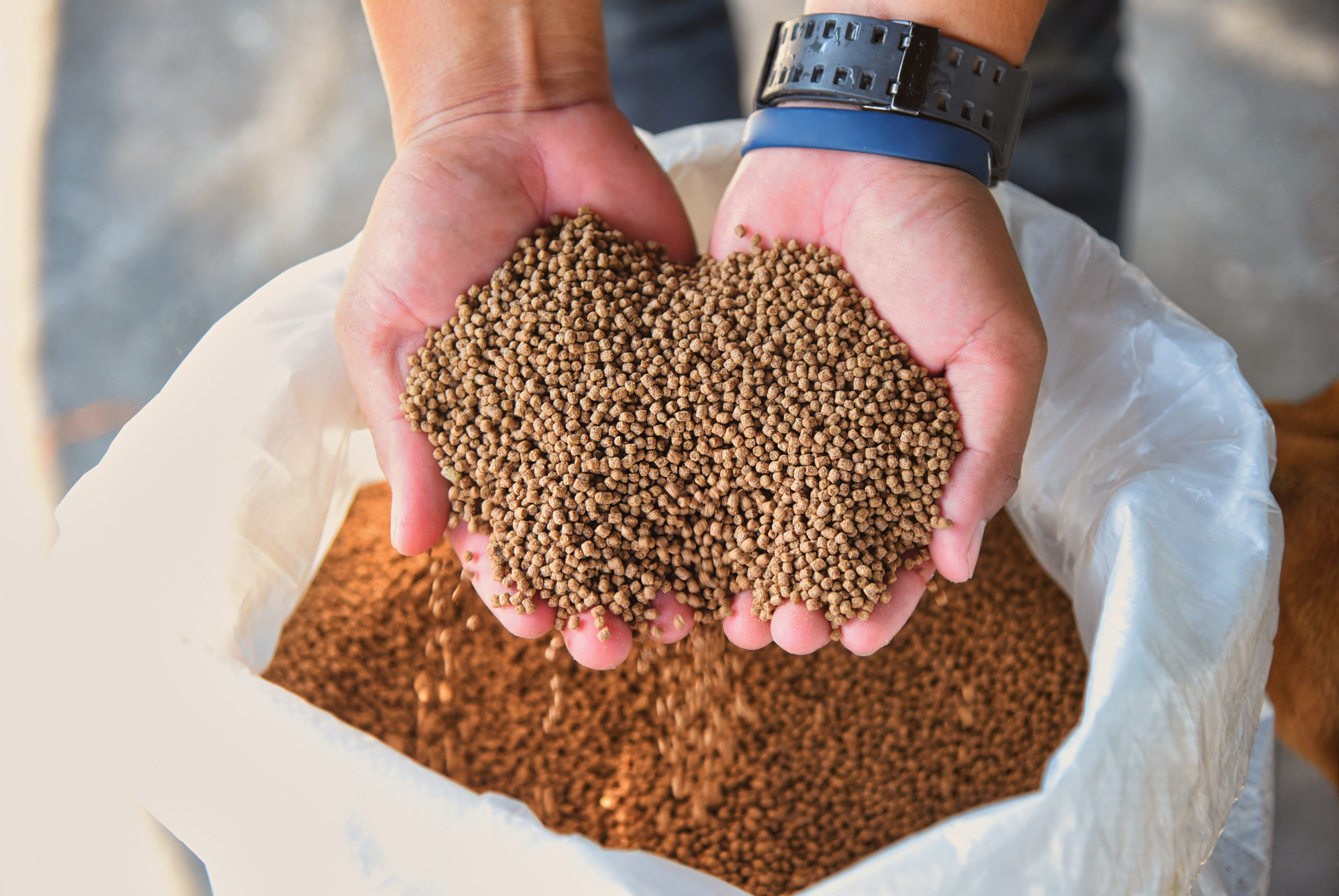
Gallons of biofuel recycled from used cooking oil
Pounds of compost, mulch, & soils processed & distributed
Pounds of natural fertilizer recycled from organic material
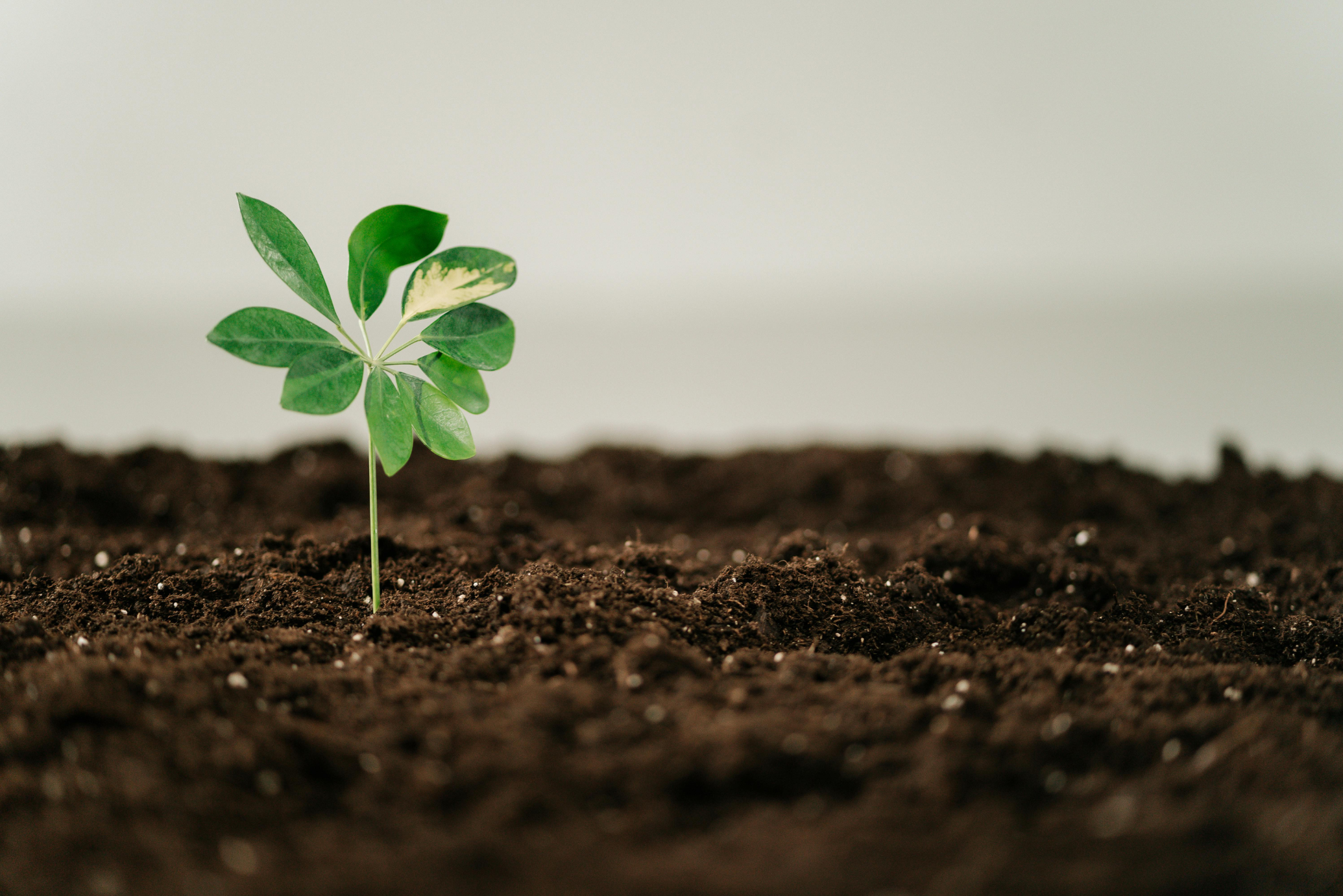
Insights from Denali
Need service?
Contact us today!
From tailored systems to full-service support, Denali delivers reliable, scalable solutions that keep your operations running smoothly.










